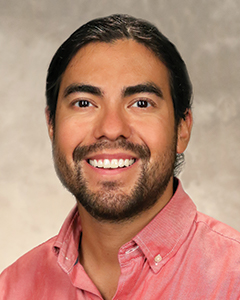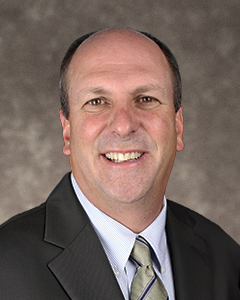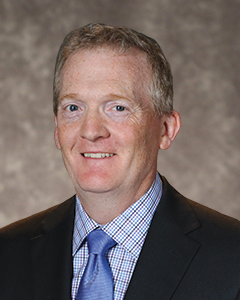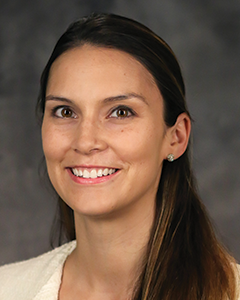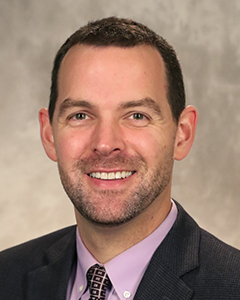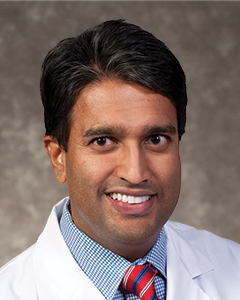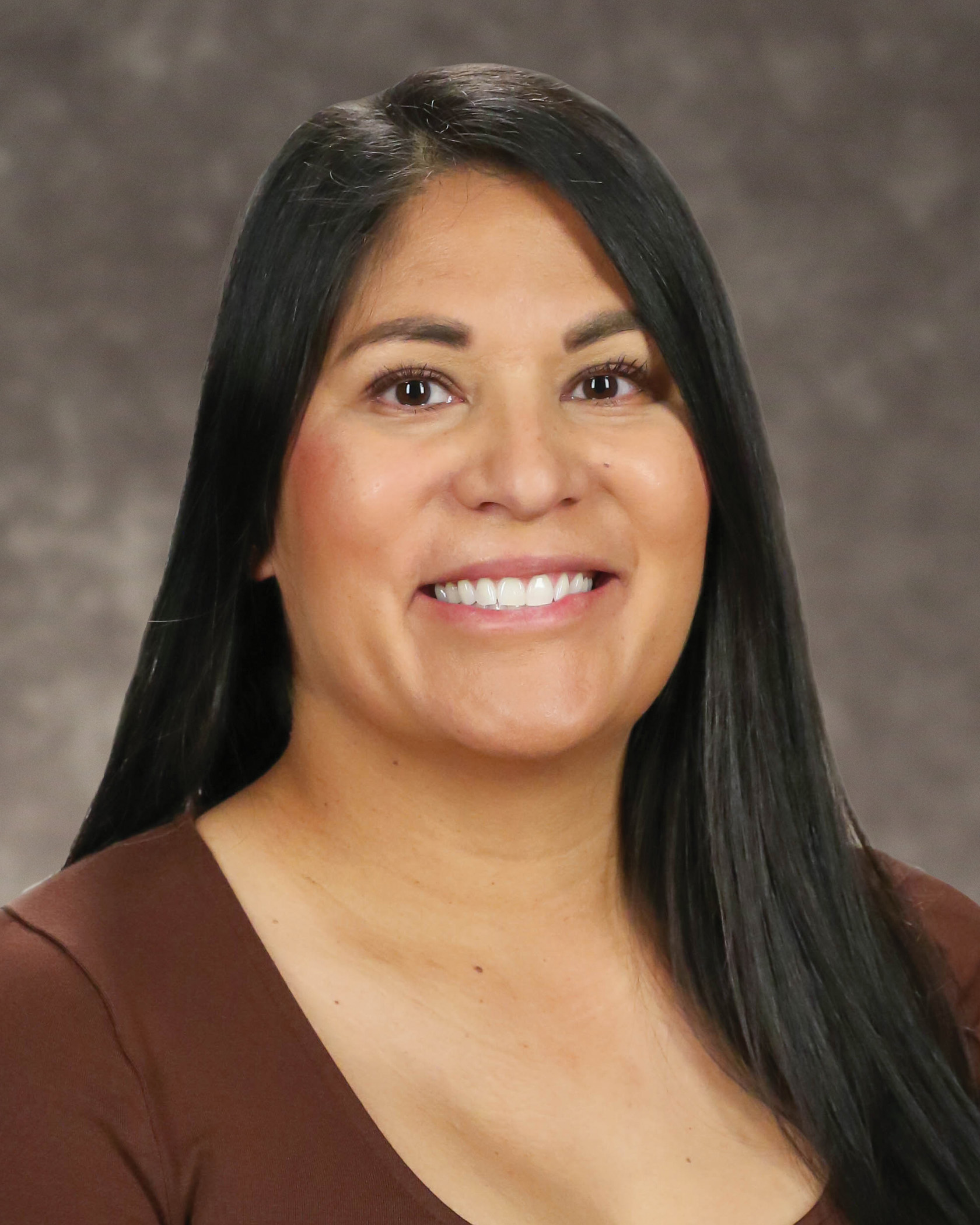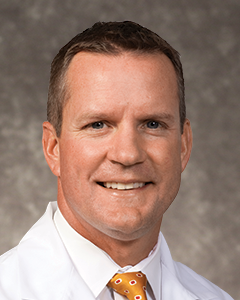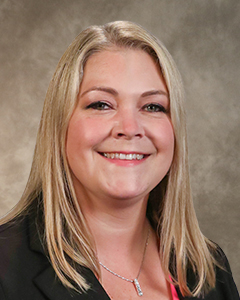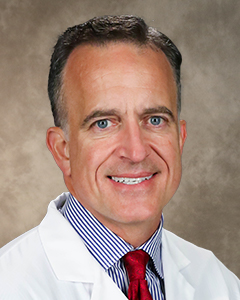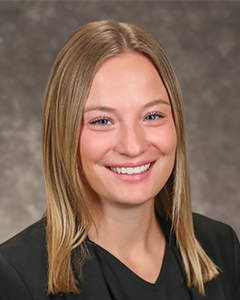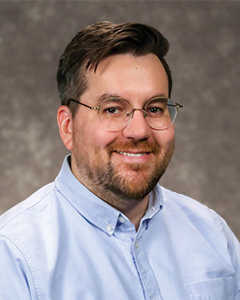Surgery
Scheduled for Surgery? Know Where to Go.
Hospital Surgery: 2nd Floor through Main hospital entrance by gift shop. Park in the east garage.
Pavilion Surgery
General: 3rd Floor.
Cardiovascular: 11th Floor.
For surgeries in the Pavilion, park in the Pavilion garage or consider using valet parking.
When you need surgery, the skilled team at North Kansas City Hospital & Meritas Health is ready to help. Count on the most experienced surgeons, anesthesiologists, nurses and staff in the Northland to support you before, during and after your procedure. We offer traditional surgeries, as well as a minimally invasive approach for less scarring and a quicker recovery.
Quality Surgical Care at North Kansas City Hospital
Our surgical care stands apart. Here’s what you can expect:
- Advanced technology
- Our hybrid endovascular operating suite is the most advanced surgical suite in the Kansas City area. Surgeons can use both open and minimally invasive procedures on the same person, if needed. You benefit from a shortened surgery time, hospital stay and recovery period.
- We are the only hospital in the Northland to offer the transcatheter aortic valve replacement (TAVR) and WATCHMAN™ heart procedures.
- We are the only hospital in the Northland with the O-arm® imaging system. This advanced technology allows our surgeons to take 2D and 3D images during a procedure. Detailed imaging means better accuracy and improved patient safety.
- Professionally certified surgical nurses
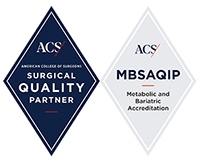
- Recognized experience – Our Total Weight Loss Center is the only accredited weight loss surgery program in the Northland.
- Support and care before, during and after your surgery
Minimally Invasive Surgery
Discover the benefits of minimally invasive surgery. NKCH surgeons specialize in robotic, laparoscopic, arthroscopic and other types of surgery that often require smaller incisions and result in less pain with a faster recovery.
Outpatient Surgery
Your procedure may be an outpatient surgery, which means you can go home on the same day. Our specially trained surgical team could perform your outpatient procedure in the Pavilion or hospital. You will receive confirmation of where to go, as well as get pre-operative and post-operative recover care instructions.
Outpatient surgery is convenient, effective — and usually costs you less. Plus, you’re able to recover at home where you’re most comfortable.
Surgical Specialties
Explore our range of surgeries, with examples of the most common procedures:
- Bariatric surgery
- Cancer-related surgery
- Colorectal surgery
- Ear, nose and throat (ENT) surgery
- Gynecologic surgery
- Heart surgery
- Minimally invasive surgery (laparoscopic, robotic and arthroscopic)
- Neurosurgery
- Orthopedic surgery
- Plastic and reconstructive surgery
- Spine and back surgery
- Thoracic surgery
- Vascular surgery
- Anal diseases
- Breast diseases
- Chronic skin infection between the buttocks (pilonidal cysts)
- Crohn’s disease
- Diverticular disease
- Gastroesophageal reflux disease (GERD)
- Gallbladder conditions
- Hemorrhoids
- Hernias
- Obesity
- Pancreatic conditions
- Parathyroid conditions
- Rectal disease
- Spleen disorders
- Ulcerative colitis
- Ear, nose and throat (ENT) surgery
- Adenoid removal (adenoidectomy)
- Balloon sinus dilation
- Ear tube placement (myringotomy)
- Sinus surgery
- Tonsil removal (tonsillectomy)
- Gastroenterology
- Colonoscopy
- Endoscopic ultrasound (EUS)
- Upper endoscopy
- General Surgery
- Biopsy
- Breast surgery
- Gallbladder removal (cholecystectomy)
- Hemorrhoid removal (hemorrhoidectomy)
- Hernia repair
- Gynecology
- Bladder sling
- Cervical biopsy
- Endometrial ablation
- Endometriosis removal
- Hysterectomy
- Orthopedic
- Ankle arthroscopy
- Carpal tunnel release
- Elbow arthroscopy
- Fracture repair
- Meniscus repair
- Rotator cuff repair
- Tendon repair
Prepare for Surgery
You deserve the best possible surgery experience. After all, you play the most important role in your care. Help your appointment go as smoothly as possible by reviewing the following details. You also will receive instructions from your surgery team.
You may have surgery in the Hospital or Pavilion at NKCH.
For Hospital surgery (floor 2), park in the East garage. Enter through the main hospital entrance by the gift shop and go to the second floor.
View a map of Pavilion & Hospital floor 2
For Pavilion surgery, park in the Pavilion garage or consider using our valet service.
Once you’re scheduled for surgery, a member of our Pre-Surgery Testing team will contact you. We’ll ask questions about your health history and medications. You may need to come in before your surgery for lab tests, X-rays or other testing. Be sure to arrange for a responsible driver to take you home after surgery. You won’t be able to leave in a cab or drive yourself home. Your driver may need to stay at the hospital during your procedure. We also can call them when you’re ready to go home.
To prepare for your surgery, start by getting plenty of rest. The night before, you should:
- Fast, which means do not eat or drink after midnight.
- Avoid gum, tobacco, water, candy, mints, antacids and throat lozenges.
- Try not to swallow during or right after brushing your teeth.
- Gather what you’ll need to bring on your surgery day:
- A list of your medications. Use our Current Medications form to write down the medications you take. Include the dose, which is how much you take, and how often you take it (for example, 50 mg once per day).
- A case for glasses or contact lenses if you wear them. We can provide a container for dentures, if needed.
- Comfortable, loose clothing that you can easily remove.
- Advance directives about your health care if you have them.
- Remove any fingernail polish, makeup or jewelry. It’s best to leave jewelry and other valuables at home.
- Take a bath or shower using antibacterial soap. Do not use lotion or powder. You can bathe the morning of your surgery if you prefer.
Please call us before your surgery if you have a cold, fever, infection or any change in your condition.
On the day of your surgery, please check in two hours before your scheduled surgery time, unless we gave you other instructions. Your anesthesiologist will meet with you before your surgery. They will explain the process and answer your questions.
You may have two adult family members or companions stay in the surgery waiting area. You’ll want to make other arrangements for children under 18 years of age. Expect us to keep your family informed during your surgery. If your family chooses to leave the waiting area, they can provide us with their contact information.
After your surgery, you’ll stay in a recovery room until you are awake and comfortable. Recovery time may take up to two hours.
During your recovery, we’ll give your family updates on your status. The updates will include when you transfer to your hospital room (if you are staying overnight) or when you’re ready to go home (after an outpatient procedure).
You’ll receive pain medication to keep you comfortable until you are discharged. After discharge, you’ll be able to fill a prescription for pain medication, if your doctor prescribes one. You’ll want to have someone stay with you at home for at least 24 hours after surgery.
Questions About Your Surgery?
We’re here to help. Contact your surgeon’s office or our Pre-Surgery Clinic at 816.691.1344 with any questions about your procedure.

